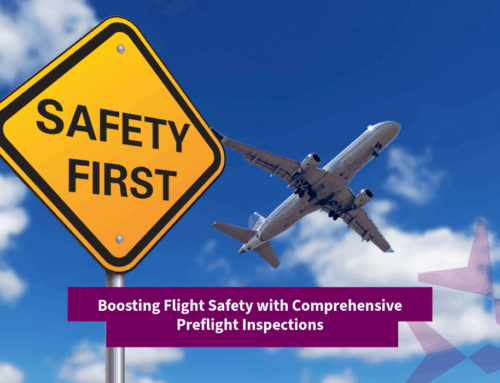Syrian Airports and Sanctions: Future Prospects and Flight Support Services with Jetmate
Syria, a country with a rich history and strategic geographical location, is home to several important airports that have historically served as key transit points for Middle Eastern air traffic. However, ongoing sanctions and geopolitical tensions have significantly impacted its aviation industry. In this article, we explore the most important airports in Syria, the current state of sanctions, and what the future may hold for the country’s aviation sector. We also highlight how Jetmate aims to provide flight support services should the sanctions be lifted.

Key Airports in Syria
- Damascus International Airport (DAM/OSDI)
- Located near the capital city, Damascus International Airport is Syria’s largest and most prominent airport. Before the conflict, it served as a major hub for international and regional flights.
- Aleppo International Airport (ALP/OSAP)
- Situated in Syria’s second-largest city, Aleppo International Airport has historical significance and has recently reopened for limited operations following restoration efforts.
- Latakia International Airport (Bassel Al-Assad International Airport) (LTK/OSLK)
- Located in the coastal city of Latakia, this airport serves as a gateway to the Mediterranean region and has been a critical point for cargo and humanitarian aid.
Impact of Sanctions on Syrian Airports
Sanctions imposed by the United States, the European Union, and other global entities have severely affected Syria’s aviation sector. Key impacts include:
- Restricted Access to International Markets: Airlines operating in Syria face significant challenges in acquiring spare parts, equipment, and modern aircraft due to export restrictions.
- Suspension of International Flights: Many global airlines ceased operations in Syria, isolating the country from key international markets.
- Limited Maintenance Capabilities: Sanctions have hampered the ability of Syrian airports to maintain and upgrade their infrastructure, resulting in limited operational capacity.
When Might Sanctions Be Lifted?
The lifting of sanctions on Syrian airports depends on a variety of geopolitical factors, including:
- Stabilization of the Political Climate: A resolution to the ongoing conflict and improved relations with international powers could pave the way for eased restrictions.
- Compliance with International Norms: Progress in human rights, governance, and transparency may influence the lifting of sanctions.
- Rebuilding Efforts: International cooperation in rebuilding Syrian infrastructure could include revisiting aviation sanctions to facilitate economic recovery.
While there is no definitive timeline, there is hope that with improved political conditions, sanctions on Syrian airports could be relaxed in the coming years.
Future Prospects for Syrian Aviation
If sanctions are lifted, Syrian airports have the potential to become vibrant hubs for regional and international air traffic. Key developments might include:
- Reintroduction of International Flights:
- Global airlines may resume flights to Syria, reconnecting it with major destinations in Europe, Asia, and the Middle East.
- Investment in Airport Infrastructure:
- Infrastructure upgrades could modernize key airports, enabling them to handle higher passenger and cargo volumes.
- Emergence as a Regional Hub:
- Syria’s strategic location could position it as a connecting hub for flights between Europe, the Middle East, and Asia.
- Growth in Tourism and Trade:
- With improved air connectivity, Syria’s rich cultural and historical heritage could attract international tourists, boosting the economy.
How Jetmate Plans to Support Aviation in Syria
As a global leader in aviation support services, Jetmate is poised to assist operators in navigating the complexities of flying to Syria once sanctions are lifted. Our comprehensive suite of services includes:
- Flight Permits: Assistance with obtaining overflight and landing permits.
- Ground Handling: Coordination with local ground handling providers to ensure seamless operations.
- Fuel Services: Ensuring access to high-quality aviation fuel at competitive rates.
- Customs and Immigration Support: Streamlining passenger and cargo clearance processes.
- Route Planning and Airspace Coordination: Helping operators manage airspace complexities efficiently.






